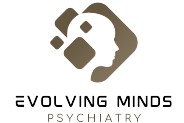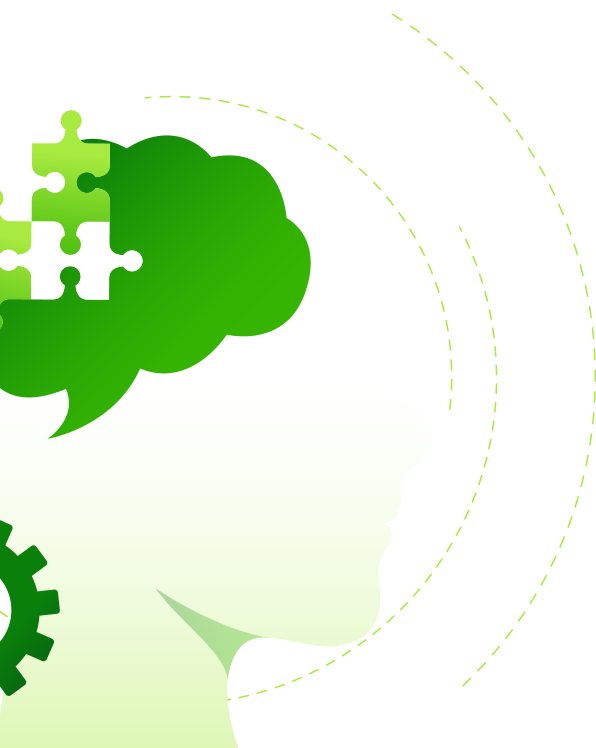8215 S Eastern Ave Suite 109, Las Vegas, NV 89123
Mood Disorder
- Evolving Minds Psychiatry
- Mood Disorder
Overview of Mood Disorders
Mood disorders encompass a variety of conditions where the primary symptom is a disturbance in the affected person's mood. Predominant conditions under this category include major depressive disorder, characterized by prolonged periods of sadness or lack of interest, and bipolar disorder, which involves significant mood swings ranging from depressive lows to manic highs. These shifts in mood can significantly impact a person's quality of life and ability to function.


Treatment Approaches
Treatment for mood disorders typically involves a combination of psychotherapy and medication management. Psychotherapy, such as cognitive behavioral therapy, helps patients develop healthier thinking patterns, while medications like antidepressants or mood stabilizers help regulate mood. Lifestyle changes, including regular exercise and a healthy diet, also play a crucial role in managing symptoms.
Benefits of Magical
Treatment
Improved
Emotional Regulation
Therapy helps individuals understand and manage emotions effectively, reducing anxiety and improving mood.
Enhanced Relationships
Therapy aids in developing communication skills, fostering stronger, healthier relationships with each others.
Increased Self-Awareness
Therapy promotes self-exploration, leading to better understanding of personal patterns and potential for growth.
Effective Coping Strategies
Psychology Therapy teaches coping mechanisms for managing life's challenges, enhancing resilience and quality of life.








